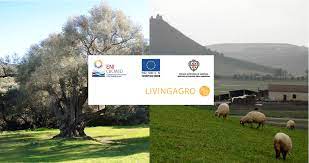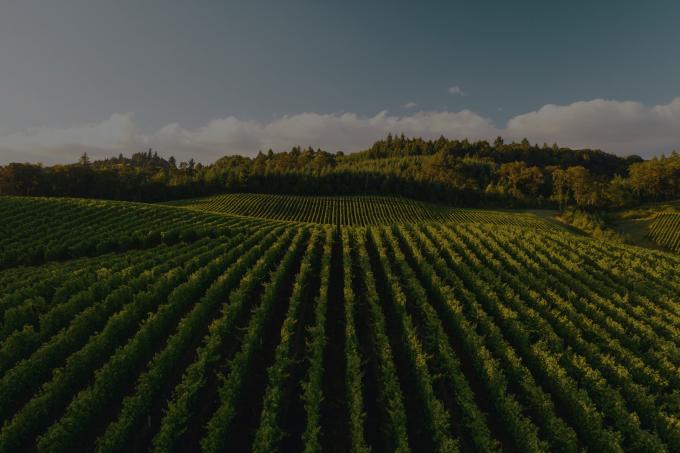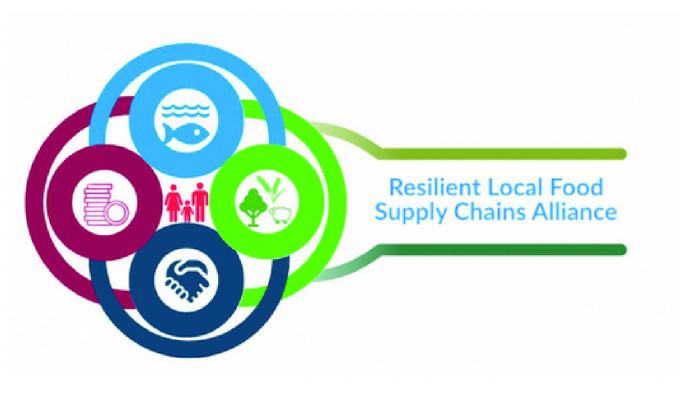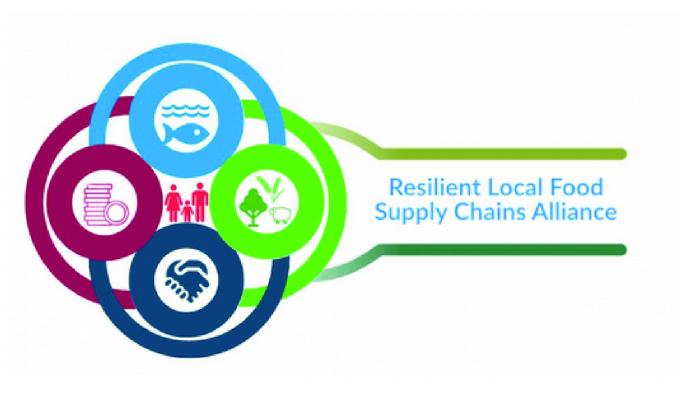Period
2014 - in progress
Master Foods, a thriving food manufacturer in Jordan, redefined the production of Jameed. Instead of relying on traditional goat's milk, they harnessed the potential of cow's milk, yielding a higher return on investment. Their commitment to local resources and quality led to the creation of high-quality Jameed with an impressive two-year shelf life. This innovative approach empowers the local community and preserves Jordan's rich cultural heritage.
You must be registered to see all the content
Identification needs
Today, the bulk of locally-produced jameed is manufactured by major agricultural conglomerates, the final product losing many of its historically venerated characteristics like robust flavor and long shelf life. “Since Jordan has a limited expanse of grazing land for goats, we decided to shift our strategy,” explains Awad. “Instead of relying on goat's milk, we turned to cows, the yield from which constitutes a much greater return on investment.”
Stakeholder change
Today, Master Foods is a fast-growing manufacturer of a wide range of local food products, including canned legumes, seeds and regional staples. The company has procured a 10 dunum land in the Jordanian city of Mafraq to establish a large-scale production factory and employing an ever-growing team of 25 locals. Nidal expects this streak of growth to continue given the steady demand for locally-produced food staples that remain true to their Jordanian and Arab roots, and he is committed to continually diversify the lineup of food products manufactured by the company for the benefit of the community at large.
Change triggered
Established Master Foods in 2014 with the objective of creating superior quality jameed that retains the staple's beloved flavor while boasting an impressive two-year shelf life. To adhere to his commitment of utilizing locally-produced resources, Nidal was able to craft the required machinery locally, collaborating with industrial manufacturer Siemens to help local engineers bring world-class schematics to life. The result was a project that clearly set itself apart from the mainstream, delivering high-quality products that redefine many of the standards to which the local market had become accustomed.
Short description
To contribute to the local community by establishing a project that celebrates Jordan's rich cultural heritage. His priority was to create a niche for Jordan; a project that is innovative at its core ― a project that celebrates Jordan's cultural heritage while encouraging local production and providing viable livelihood opportunities for Jordanians.















